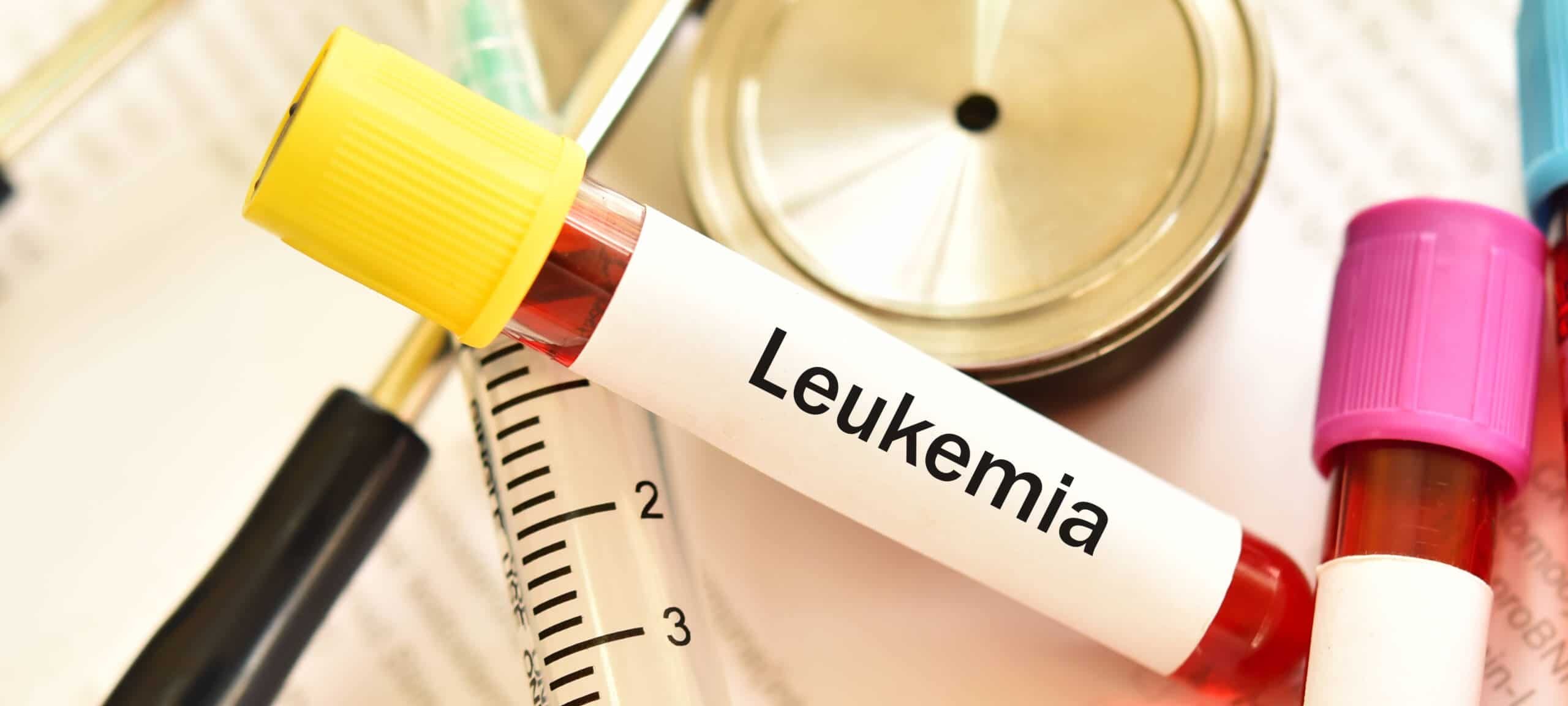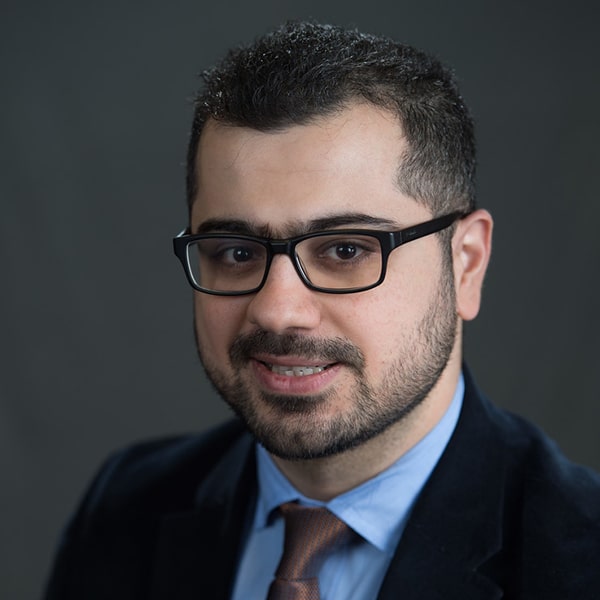
Leukemia is a type of blood cancer where a group of cancer cells develops within the bone marrow. Blood cells multiply uncontrollably and are unable to function due to the inability to mature. This cancer often affects white blood cells but can also develop in red blood cells or platelets.
There are many forms of leukemia that can be chronic or acute. Acute forms should be treated and diagnosed more quickly as it progresses faster. Chronic forms of leukemia develop over time, as some cells can continue to function normally.
- Acute lymphocytic leukemia (ALL) affects not only the blood but also bone marrow. It can develop at any age but is the most common form in children. As it spreads, it can affect your central nervous system and lymph nodes (glands).
- Acute myeloid leukemia (AML) is developed in the myeloid cell in the bone marrow. Myeloid cells are red blood cells and, when mutated to form a cancerous myeloid cell, can prevent the development of normal blood cells. This form is the second most common for children and the most common form for adults.
- Chronic lymphocytic leukemia (CLL) affects B-cells (B lymphocytes) that produce antibodies. After going through a malignant change, CLL can slowly progress and develop leaving most people to experience little to no symptoms for years.
- Chronic myelogenous leukemia (CML), like CLL, may not have noticeable symptoms but can be diagnosed with a simple blood test. This form of leukemia often develops in patients over 65 years of age as they are at a higher risk.
As there are varying forms of leukemia, there are varying symptoms that can include:
- Fatigue
- Anemia
- Bruising or bleeding easily
- Fever/chills
- Joint pain
- Nausea/vomiting
- Returning infections
- Weight loss
The exact cause of this cancer is unknown but there are factors that can put you at higher risk such as smoking, existing family history or overexposure to radiation.
Have questions or concerns about leukemia or other blood cancers? Speak with your primary care provider today. If you’ve been diagnosed with leukemia, the multidisciplinary team with the Blood Cancers, Cellular Therapeutics and Transplant Program at UofL Health – Brown Cancer Center can help and is one of only two adult programs in Kentucky.









